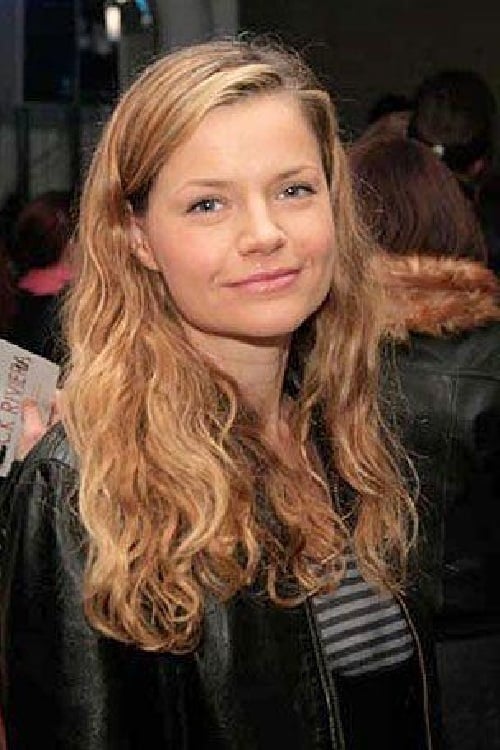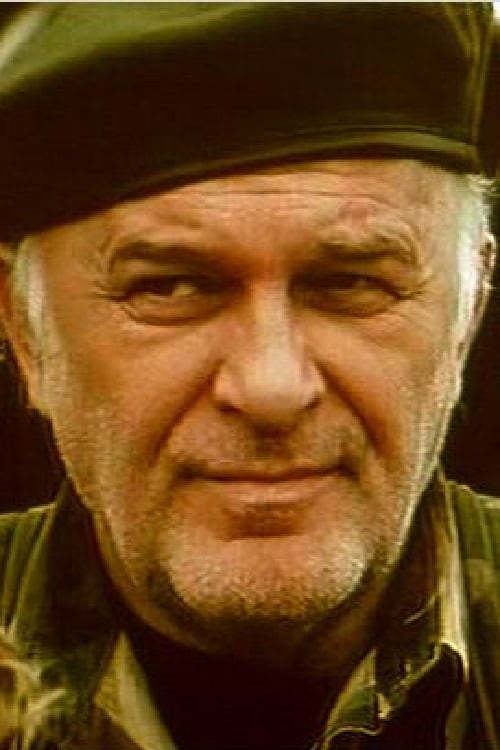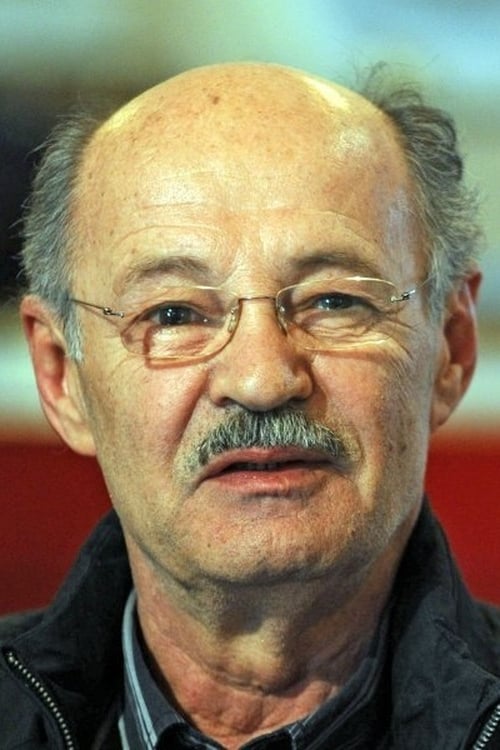Nafaka (2006)
Gênero : Ação, Guerra
Runtime : 1H 55M
Director : Jasmin Duraković
Sinopse
Sarajevo, 1992. They are called Ahmed, Lana, Sado, Saba, Sahbey, Beba, Nemanja, Marx, Matan. They live in and between wartimes. They have "nafaka", the destiny which was bestowed on them by God Almighty. They have enough gallows humor and courage to believe in freedom and happiness.
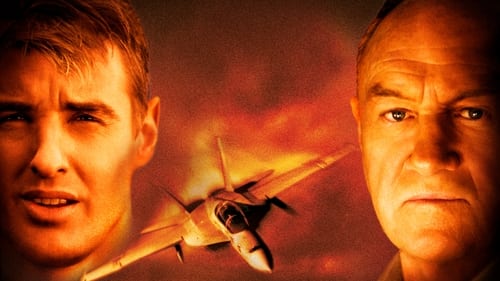
Chris Burnett é um aviador naval experiente que está frustrado por ter sido afastado das missões de combate. Durante uma missão de reconhecimento, Burnett fotografa algo que deveria ser mantido em sigilo e, por isso, tem seu avião abatido em território inimigo. Ele passa a ser perseguido por agentes de uma implacável polícia secreta e por tropas hostis. Com o tempo se esgotando, o almirante Reignart desafia ordens superiores e organiza uma desesperada missão de resgate.
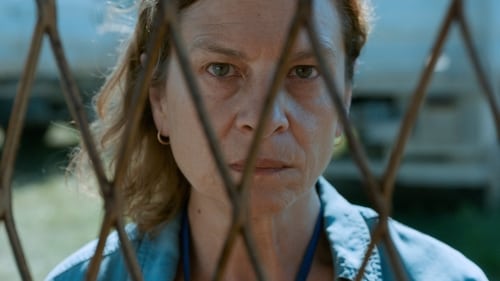
Aida é tradutora da ONU na pequena cidade de Srebrenica. Quando o exército sérvio assume o controle da cidade, sua família está entre os milhares de cidadãos que procuram abrigo no acampamento da ONU.
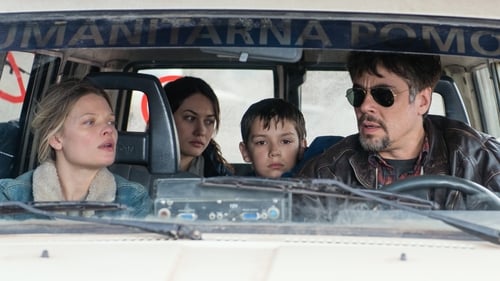
Acompanhada pelos experientes Mambru e B, a trabalhadora humanitária novata Sophie corre contra o tempo para evitar que uma comunidade isolada fique completamente sem água. No caminho do grupo estão burocratas, milícias, bandidos e Katya, ex de Mambru.
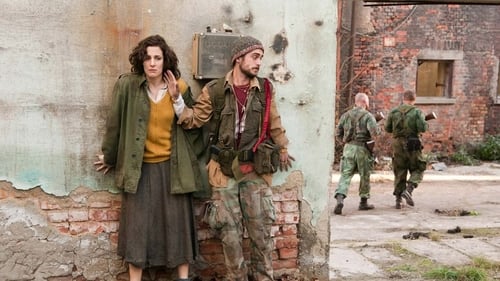
A trama romântica se desenrola durante a Guerra da Bósnia, conflito armado que aconteceu nos Balcãs entre 1992 e 1995 envolvendo a Bósnia, a Sérvia e a Croácia. Goran Kostic faz um sérvio que se apaixona por uma muçulmana em pleno conflito. O veterano Rade Serbedzija (24 Horas), nascido na Croácia e de etnia sérvia, faz o pai do protagonista.
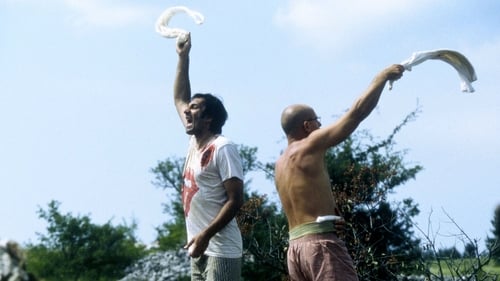
Durante a Guerra da Bósnia, dois soldados, um sérvio e outro bósnio, acabam isolados em uma pequena trincheira, junto com um terceiro soldado, que está caído sobre uma mina - sendo que ninguém pode matar ninguém ali. Todas as partes do conflito ficam completas com a chegada de mais duas pessoas: um representante da ONU, para tentar resolver o impasse, e uma jornalista, para jogar lenha na fogueira.
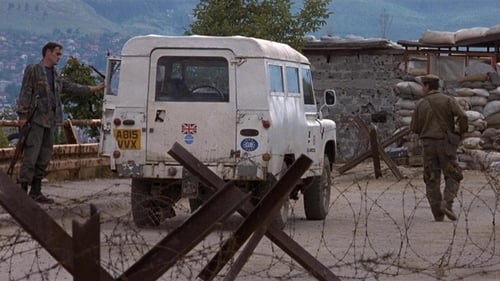
Follow a group of international journalists into the heart of the once cosmopolitan city of Sarajevo—now a danger zone of sniper and mortar attacks where residents still live. While reporting on an American aid worker who’s trying to get children out of the country, a British correspondent decides to take an orphaned girl home to London.
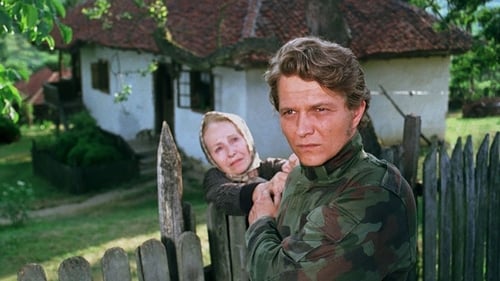
O ano é 1980. Halil, um muçulmano, e Milan, um sérvio, são amigos na Iugoslávia. Os dois meninos cresceram juntos. Eles moravam perto de um túnel inacabado, o Túnel da União e da Fraternidade, que deveria ligar Belgrado à Zagreb, servindo como símbolo da Iugoslávia unida. Doze anos depois, estoura a guerra da Bósnia e ambos agora encontram-se em lados opostos.

A detachment of the Polish IFOR forces in Bosnia is led by Major Keller, who is being investigated for insubordination during a patrol in Srebrenica. The investigation is to be led by two arriving officers - Lieutenant Czacki and Major Kusz who will also replace Keller as CO. When the camp's RTO receives a communication from a downed Norwegian chopper, Keller ignores his standing orders and leads a platoon to rescue the crew.
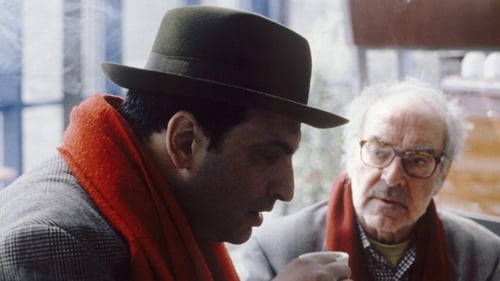
Um filme em três partes: Inferno, Purgatório e Paraíso. A primeira parte é composta por imagens de guerra. Aviões, tanques, batalhas, explosões, tiros, execuções, países devastados, aldeias destruídas. A segunda mostra Sarajevo actualmente, martirizada como tantas outras. Personagens reais e imaginárias. Na última, uma jovem mulher - que vimos no Purgatório - sacrifica-se, encontra a paz na água, numa pequena praia guardada por Marines norte-americanos.

The war crimes trial of Ratko Mladic, accused of masterminding the murder of over 7000 Muslim men and boys in Srebrenica in the 90s Bosnian war, the worst crime in Europe since WW2.

Kym, an Australian tourist, decides to travel to Bosnia. Her guidebook leads her to Višegrad, a small town steeped in history, on the border of Bosnia and Serbia. After a night of insomnia in the 'romantic' Hotel Vilina Vlas, Kym discovers what happened there during the war. She can no longer be an ordinary tourist and her life will never be the same again.

Hadi travels to Croatia to complete his researches on Film-making. His friend Aziz who has heard about his trip gives him a photo and a VHS cassette asking him to look after a girl Fatemeh there. Hadi with the help of a woman Hanifeh who can talk Persian searches for the girl. Croatian police arrest Hadi and because of his passport problems expelled him from the country. He then with Hanifeh go to Bosnia to complete his search after Fatemeh but involved in the Bosnia's war and get injured.

Em 1993 a guerra da Bósnia está em seu momento mais crítico e vários refugiados da Iugoslávia estão chegando na Inglaterra. Quatro típicas famílias londrinas terão suas vidas transformadas pelo conflito e pelos refugiados da guerra.

Middle-aged cinephile and film projectionist Pera still lives with his mother - and best friend - Mara, in Belgrade. It's 1999 and when NATO bombs start raining down on Serbia, the two of them become refugees. After a surreal journey, they end up in New York, where Pera realizes that he can no longer do the old job he loved so much. While he and Mara were struggling to survive, the new age of digital projection was born. Then Pera stumbles upon some discarded projectors and his new mission in life becomes clear: he will travel around and show people the magic of Real Cinema - the magic that can only be created by celluoid, mechanical projectors, the silver screen and flickering light.
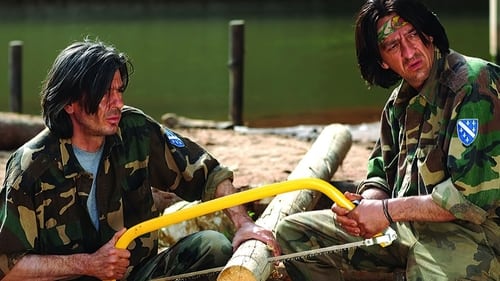
Sarajevo, 1992. They are called Ahmed, Lana, Sado, Saba, Sahbey, Beba, Nemanja, Marx, Matan. They live in and between wartimes. They have "nafaka", the destiny which was bestowed on them by God Almighty. They have enough gallows humor and courage to believe in freedom and happiness.
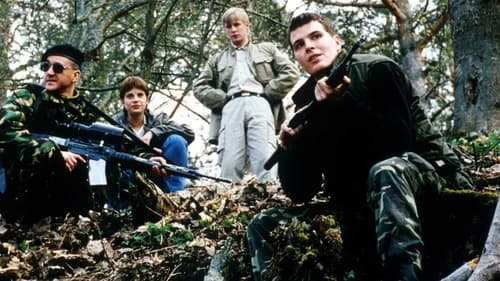
Jacob, a farm boy from Denmark, joins U.N. Brigade's peacekeeping force in Bosnia, where he witnesses refugees trying to escape their war-torn villages. There, Jacob is befriended by Sergeant Holt, a cynical soldier.

Paul Pawlikowski's award-winning documentary on life behind Serbian lines in Bosnia. The film observes the roots of the extreme nationalism which has torn apart a country and provides a chilling examination of the dangerous power of ancient nationalist myths.

Jasna searches for the remains of her two children who were killed and buried in the mass grave by Serbian Army. She gathers all available information and inspects mass grave sites hoping to find the red rubber boots her son wore the day he was abducted.

Bilja was seriously wounded in the 1992 shelling of Sarajevo. A French photographer took pictures of her while she lay bleeding and desperately begging for help; pictures of Bilja's wounds made him famous. Zbanic searches for Bilja and reconstructs the moment when news became more important than her life.

If the conflict in Bosnia has become something of a forgotten war, it's not for the want of trying from the immensely powerful BBC film Warriors, the story of five young soldiers and their harrowing experiences in the region.



